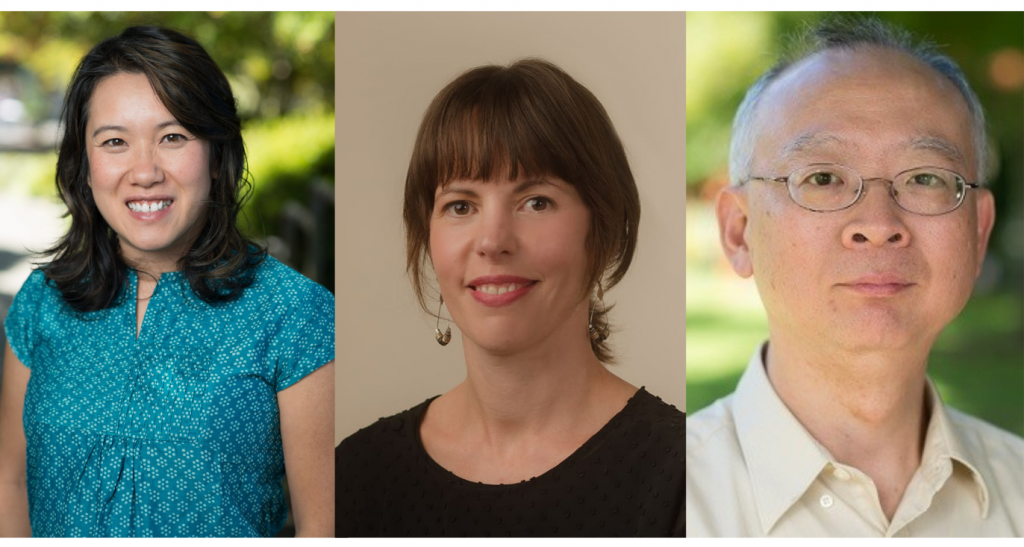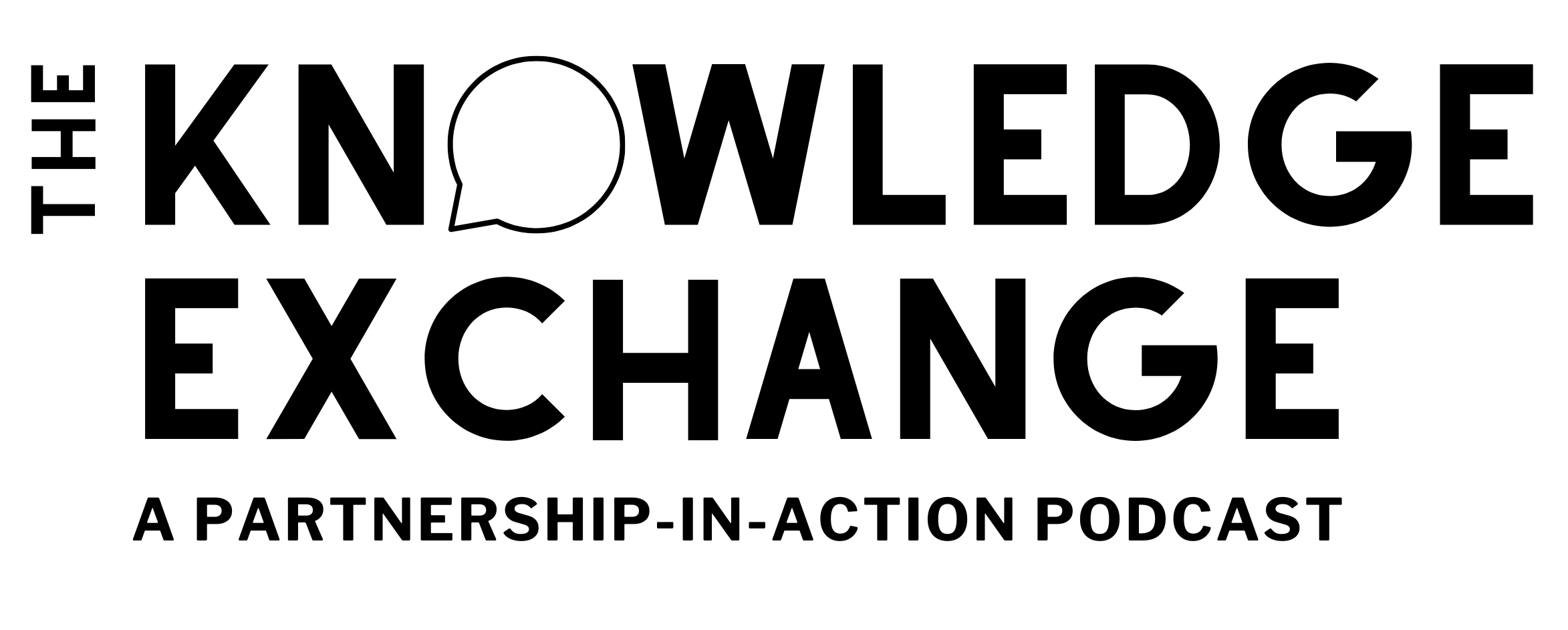Developing, Implementing and Evaluating the BC Settlement Collaborative Case Management Service Model with Adrienne Bale and Dr. Miu Chung Yan
…reciprocity and it’s got to be reciprocal when we’re talking about knowledge mobilization…How are we closing that loop and how are honouring what we are getting from clients…and how are we sharing that back with them and honouring their lived experience in the research?
Adrienne Bale

Powered by RedCircle
About the Episode
Funded by Immigration, Refugee, Citizenship Canada, the Innovative BC Settlement Case Management Service Model Project (Project) aimed to develop an evidence and outcome-based Settlement Case Management Model. The overarching goal of this project is to support new members of Canadian society to fully participate and contribute to society in a meaningful way. The Project enhances approaches and tools of Settlement Case Management Model to maximize settlement and integration outcomes of vulnerable newcomers, namely Government Assisted Refugees (GARs), Privately Sponsored Refugees (PSRs) and Newcomers with complex and multiple barriers. Led by MOSAIC, nine settlement service organizations (SSOs) and a research team from the University of British Columbia collaboratively conducted a baseline study of existing case management service, developed, implemented and tested a new model, namely the Collaborative Case Management Service Model over a 2-year period. This podcast highlights this collaborative work.
Timestamps
1:27 – Get to Know: Adrienne Bale
2:33 – Get to Know: Dr. Miu Chung Yan
2:58 – Get to Know: Dr. Barbara Lee
3:19 – The Innovative BC Settlement Case Management Service Model (SDI)
4:46 – The Importance of Role Clarification in Policy and Program Development, Implementation and Evaluation
7:16 – Case Management in a Settlement Context
9:43 – Relationships as the Core Element of Partnerships
11:56 – How the BC Alliance for Case Management Facilitates Knowledge Mobilization in the SDI Project
14:15 – Reflections from the Research: Considering the Experiences of Front-Line Workers, Immigrants and Refugees in Data Collection
19:00 – Communication and Relationship-Building
20:40 – Future Steps for the Project in Academia and Practice
24:15 – Relationship-Building with Community Organizations
Mentioned in the Episode
Partner: MOSAIC
Partner: Alliance for BC Settlement Case Management
SDI Project Reports and Resources:
— Case Management Framework
— The BC Settlement Collaborative Case Management Service Model: Baseline Report
— The BC Settlement Collaborative Case Management Service Model: Final Report

Our Guests
Adrienne Bale is the Senior Manager, Settlement and Integration Program, at MOSAIC. She is an EDI focused leader with over 7 years managing diverse portfolios – proven in operational excellence, budget and contract management, conflict resolution, strategic planning, building and leading successful staff and volunteer teams. Adrienne is committed to continued learning of decolonization, anti-racism and anti-oppressive practices and the intersection in the settlement sector.
Dr. Barbara Lee is an Assistant Professor in the School of Social Work, Director of the Centre for the Study of Services to Children and Families, and Knowledge Exchange and Mobilization Scholar at the University of British Columbia. Barbara’s research is centred on community-engaged research, program evaluation, administrative data, survey designs, and mixed methods approaches to examine social service processes and outcomes, and to promote evidence-informed practices with children, youth, and families.
Dr. Miu Chung Yan is a Professor at UBC School of Social Work. His sojourner’s experience has influenced his major research interests covering settlement and integration of immigrants and refugees, critical cross-cultural and antiracist practice, internal dynamics in Chinese community, place-based community development and policy, globalization and social development, and North-South social work knowledge transfer. He works closely with local immigrant and refugee serving agencies and neighbourhood houses to generate new knowledge to improve policies, services and practice in serving newcomers to Canada.
